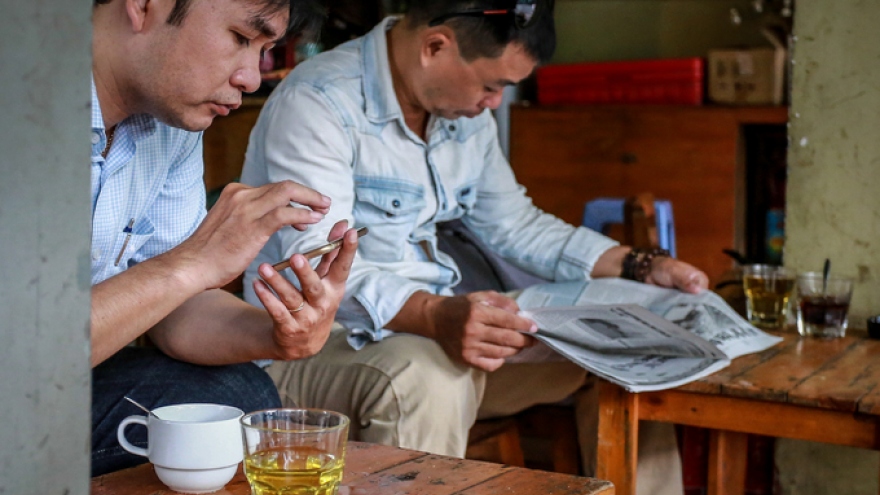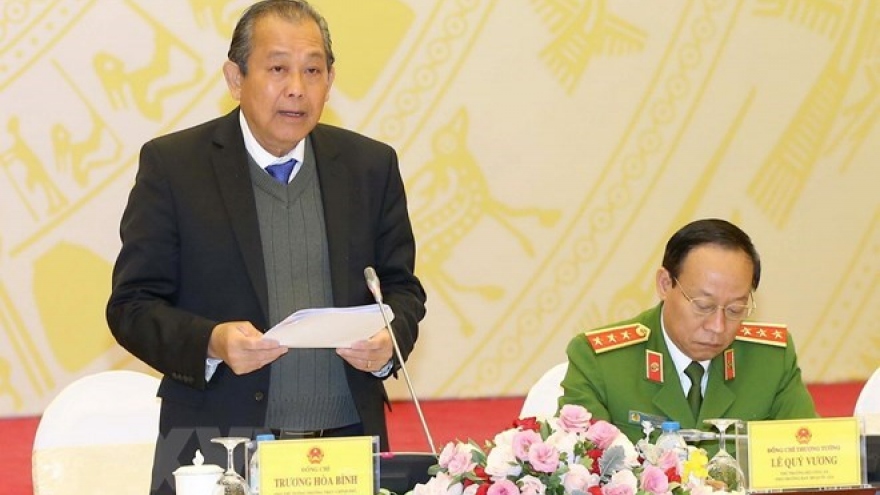Study helps complete legal framework to combat corruption
Vietnam needs a number of mechanisms to ensure the enforcement of the 2015 Penal Code regulations regarding the act of bribing foreign public officials, according to a study carried out by the United Nations Development Programme (UNDP) in Vietnam and the Hanoi Law University.
 |
The UNDP supports the study as part of efforts to share experience with Vietnam in penalising the bribery of foreign public officials, thus helping the country complete its legal framework to combat corruption in the business sector, she said.
A member of the research group, PhD Dao Le Thu, director of the comparative legal research centre under the Hanoi Law University, said that global economic integration has increased the risks of local investors giving bribes to officials at foreign governments, agencies and organisations to seek competitive advantages in international trade and investment.
The US, the UK, Japan, the Republic of Korea and China, which have criminalized the act of offering bribes to foreign officials, were chosen as case studies in service of this study, she noted.
The bribery of foreign cadres should be prescribed in the anti-corruption law to ensure comprehensive legal mechanism, the group suggested.
Gerry Macgowan, a representative from the British Embassy in Vietnam, said that Britain’s Bribery Act 2010, an act that covers the criminal law relating to bribery, was issued in 2010 and takes effect from 2011. It is considered as one of the world’s most stringent laws.
He pointed to the need to have a strong enforcement strategy as well as the involvement of legislative organisations, human resource training, infrastructure, and other support techniques for the law enforcement forces to deal with the bribery of foreign public officials.
The study recommended that Vietnam should improve its cooperative mechanism in detecting and addressing the bribery of foreign officials and raising the law enforcement officers’ awareness of the bribery cases.



